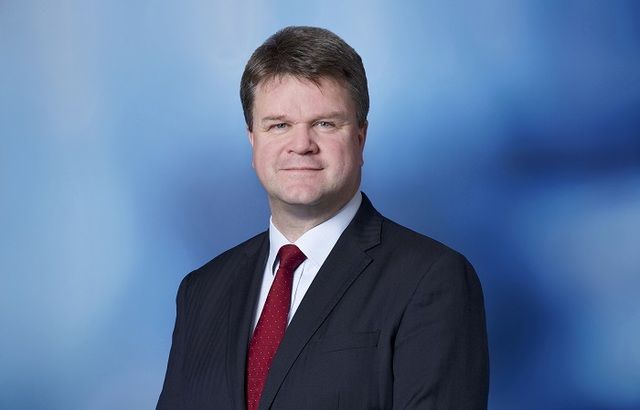Franklin Templeton launches smart beta ETFs
Franklin Templeton has introduced a range of smart beta ETFs to European investors, with four strategies to be launched on the London Stock Exchange on Friday.

Franklin Templeton has introduced a range of smart beta ETFs to European investors, with four strategies to be launched on the London Stock Exchange on Friday.

The last 10 years have seen ETF products grow from pre-teens to fully fledged adults, even dabbling with drugs along the way. 7IM’s passive expert and senior investment manager Peter Sleep looks back at the biggest trends.

With the exception of funds tracking the US and UK mid caps, no passive funds have been able to generate first or second quartile performance in their respective sectors over the past 10 years, according to research from Chase de Vere.

The global bond ETF industry garnered almost twice the amount of capital from investors in the second quarter of 2017 as it did the year prior, thanks to sustained demand for EM debt passive products.

China Post & Capital Global Asset Management plans to launch Europe’s first A-shares smart beta ETFs later this year, and possibly launch them in Asia too, said London-based managing director Danny Dolan.

Following the French elections, investors have swapped actively managed single country equity funds for index trackers.

Record inflows in May powered total assets invested in ETFs across the $4trn mark. And Europe is picking up the pace.

The rise of the passives looks unstoppable. Since 2008, assets in exchange-traded funds have increased from $772bn (€685bn) to almost $4trn, according to BlackRock. But this doesn’t mean active managers are cornered.

The use of index trackers by professional investors has skyrocketed in recent years. Investors have been attracted by the easy access to ETFs, their transparency and of course their low fees. But what do they exactly use ETFs for? Greenwich Associates asked 132 institutional investors the question.

Chinese companies account for only a tiny percentage of ESG-filtered emerging market ETFs, even though China is 26.5% of the MSCI EM Index.

US-based asset manager Invesco has confirmed it will take over Source, the London-based ETF provider.

UBS Asset Management has slashed the fee on its ETF Barclays fund after attracting $470m (€437m) of inflows in less than seven months.